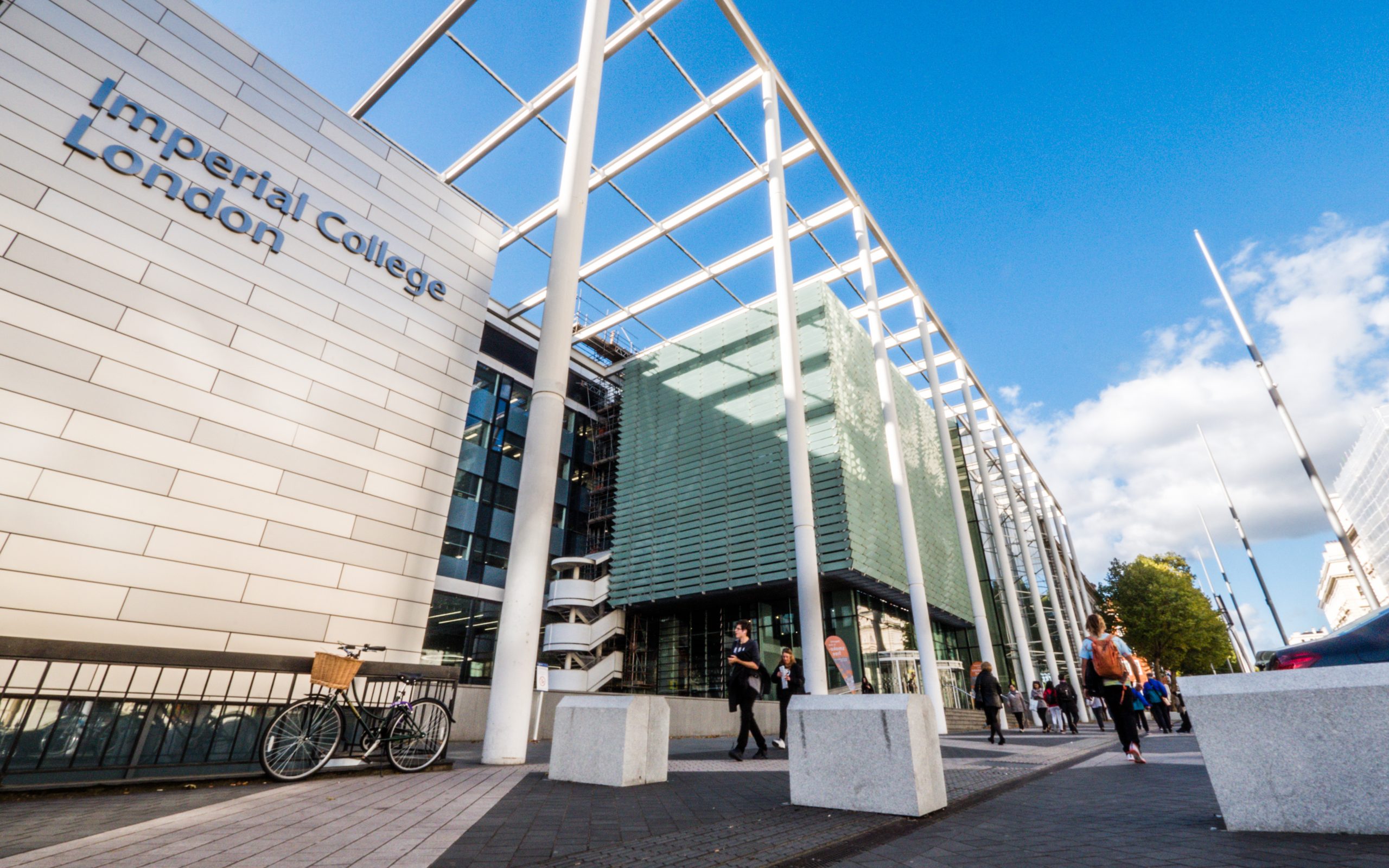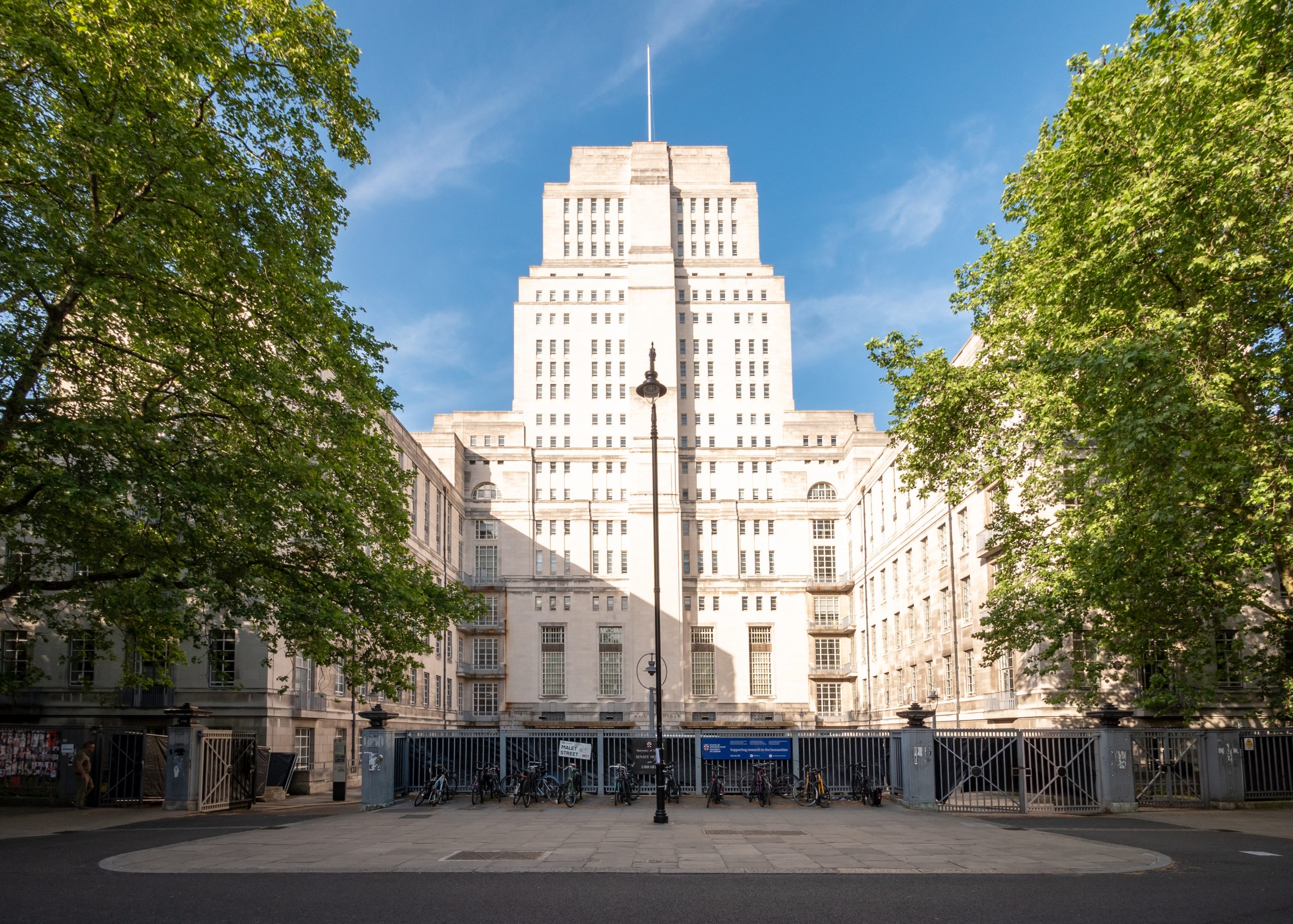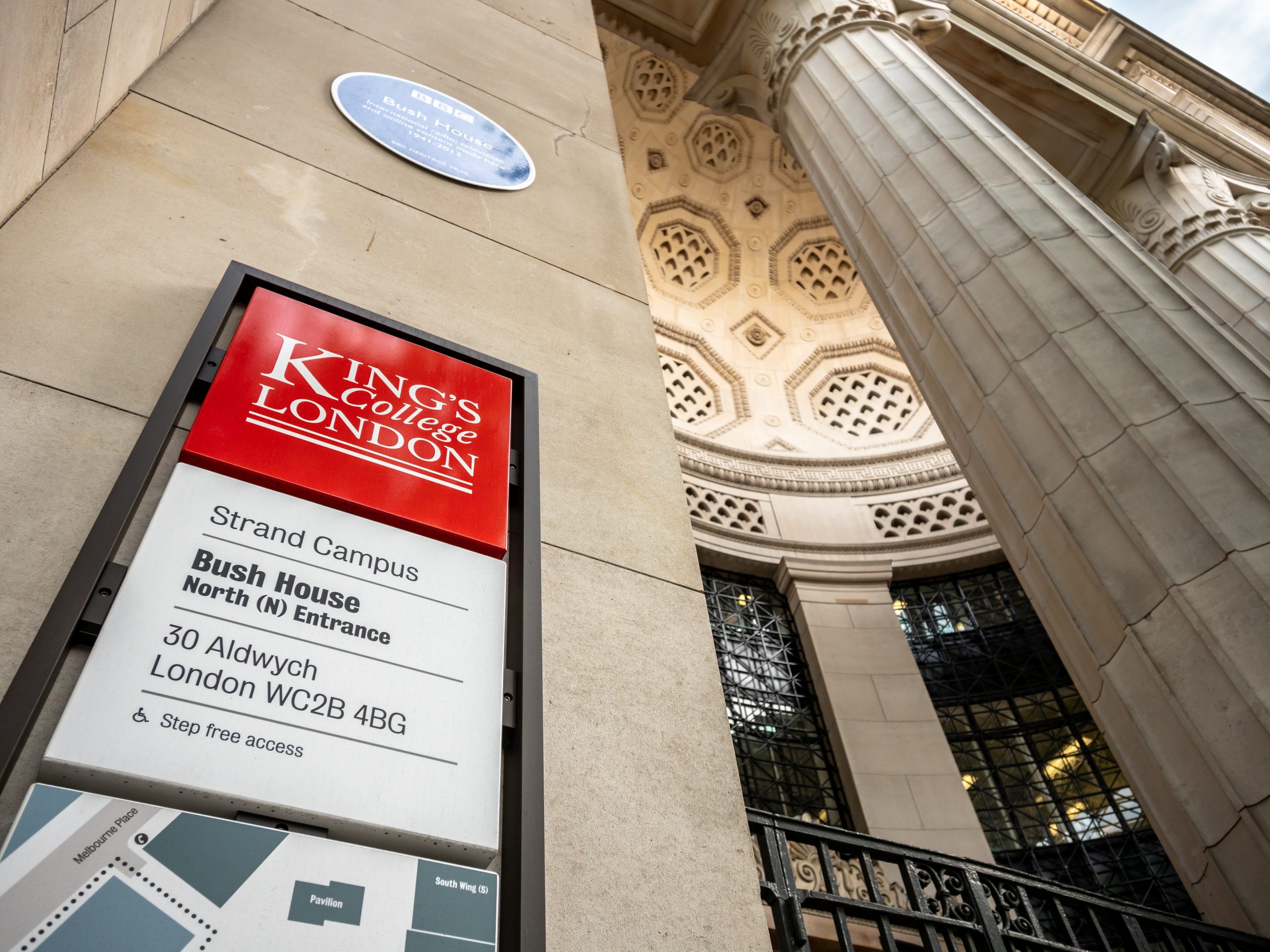By Christian Smith
September 5 2020, 12.00
Follow @SW_Londoner
London universities are holding their collective breath over how many international students will arrive for the start of the new academic year later this month.
The coronavirus pandemic poses significant barriers to the normal September migration of international students to London students.
Closed visa centres, travel restrictions, and the unattractiveness of campus life under lockdown all threaten to dissuade foreign students.
While universities publicly declare that applications are up, privately there is concern.
Nick Hillman, head of the Higher Education Policy Institute, said that universities are worried that people have registered for their places and not rescinded them, but are simply not doing so until real money has to change hands.
“If you are sitting in Beijing with a place at Imperial College London but you might not come, you are not actually going to tell Imperial you are not coming until you actually have to,” he said.

A spokesperson from the London School of Economics said: “Our applications and acceptances this year have remained strong, however we will have a better idea of final numbers of students following registration later this month.”
The number of international students coming to London reached a ten year high in 2018/19, with 125,035 students arriving.
The fees that international students pay, which are much higher than those of domestic students, are crucial to universities.
Mr Hillman said: “It is a double whammy if international students do not turn up because you have got an empty place that you are paying for and, secondly, you are not getting the additional money that international students normally pay that would both cover the costs of their place and cover an extra slug of income that universities normally put towards research.”
Although the option to study remotely is available for some courses, the risk of fewer international students is not just limited to universities.
A study by the Higher Education Policy Institute published in 2018 found that London’s international students add a net value of £4.64 billion to the city.
“There are a lot of businesses, around Bloomsbury for example, reliant on students buying their lunch from the café, or spending their money in the Waterstones or renting a room from a private individual,” said Mr Hillman

For some, the virus has made taking up their offers practically impossible.
Sara Malik, a student from Sudan, is planning on studying a Master’s in nutrition at King’s College London.
But the closure of the UK embassy in Khartoum due to coronavirus means that she cannot get her student visa.
She said: “The embassy is not being cooperative at all.
“It is a very, very stressful and challenging time and I am at a crossroads because everything around you is so negative.
“I booked my tickets and did my budgeting and everything and then the corona thing came down and everything went.”
She now faces the challenge of travelling to Egypt to obtain a visa in time for her course to start later this month.
“It is a total mess,” she said.
Others have fortunately faced fewer issues.
A Canadian postgraduate student, who has moved to London for the new academic year, said: “There was definitely a period where I assumed that the chances I would be going were quite low and I was preparing myself to not go.
“But I always thought that I would want to go.”

Miren Aguirre Salazar, an international relations student from Spain, was initially considering studying remotely from home.
“That feeling faded away a little bit over the summer because lockdown ended and everything looked really good again,” she said.
But rising cases following the easing of lockdown raised concerns.
“There’s definitely a feeling of am I doing the right thing by coming, especially because if I get sick then my safety network is completely gone by being in a foreign country,” she said.
Ms Aguirre Salazar, who is now self-isolating in London after arriving from Spain this week, said that the push from her university to have students on campus, combined with the desire to make the most of her time as a London student, helped her to decide to come.
“Having the tuition cost being the same, I just felt really guilty spending that money sitting in my room at home. I think that being in London and being able to experience it will make up for some of that cost,” she said.




